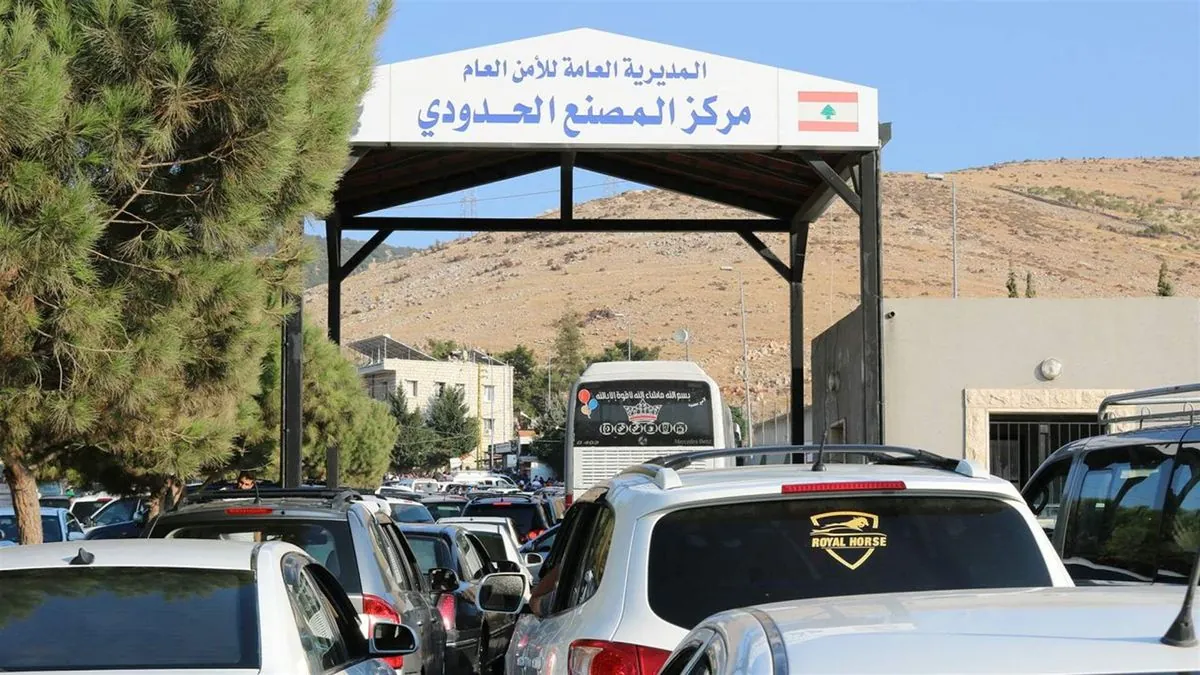In a startling development, the United Nations High Commissioner for Refugees (UNHCR) has reported a significant movement of people from Lebanon to Syria. Over 30,000 individuals have crossed the border in a mere 72-hour period, according to Gonzalo Vargas Llosa, the UNHCR representative in Syria.
This mass migration comes amidst an intensifying conflict between Israeli forces and Hezbollah in Lebanon, which has resulted in hundreds of casualties. The majority of those crossing, approximately 80%, are Syrians, while the remaining 20% are Lebanese nationals. Notably, about half of these border-crossers are children and adolescents, with women outnumbering men in this exodus.
Vargas Llosa described the situation as people moving from "a country at war to one that has faced a crisis conflict for 13 years," highlighting the difficult choice these individuals are making. The Syrian civil war, which began in March 2011 following pro-democracy protests, has been ongoing for over 13 years, resulting in one of the largest refugee crises since World War II.
Lebanon, despite its small size, has hosted the largest number of refugees per capita globally. However, the country has been grappling with its own severe economic crisis since 2019, straining its infrastructure and resources. The recent escalation of conflict along the Israel-Lebanon border, a region that has seen periodic tensions for decades, has further complicated the situation.
The UNHCR, established on December 14, 1950, has been at the forefront of managing this crisis. Operating in 135 countries, the agency has been crucial in providing assistance to millions of displaced individuals worldwide. In Syria alone, the UN estimates that over 13 million people are in need of humanitarian aid as of 2024.
This recent movement of people back to Syria is particularly noteworthy given the country's ongoing instability. Syria's pre-war population of about 22 million has been significantly impacted, with its GDP contracting by over 60% since the start of the civil war. The conflict has not only devastated the country's economy but also caused significant damage to historical sites, including those in Aleppo and Palmyra.
The situation remains fluid, with Vargas Llosa stating, "We will have to see over the next few days how many more do so." This uncertainty underscores the complex and volatile nature of the region's geopolitical landscape, where conflicts and crises continue to reshape population movements and humanitarian needs.
"They are crossing from a country at war to one that has faced a crisis conflict for 13 years."
As this crisis unfolds, the international community watches closely, recognizing the need for continued support and intervention in a region that has long been plagued by conflict and instability.
